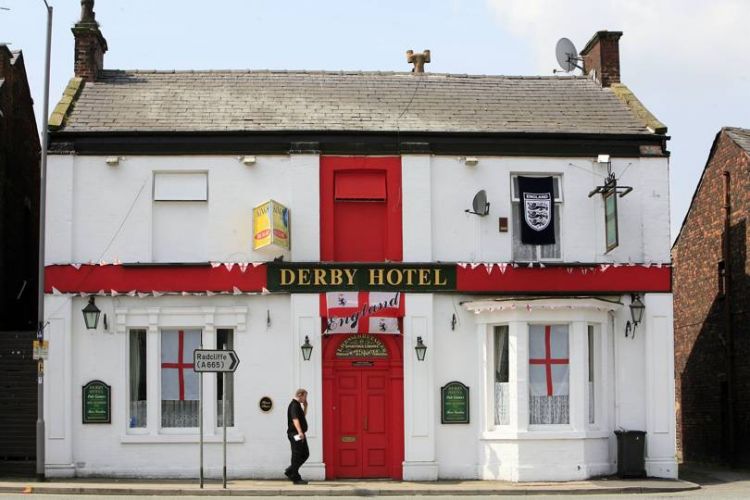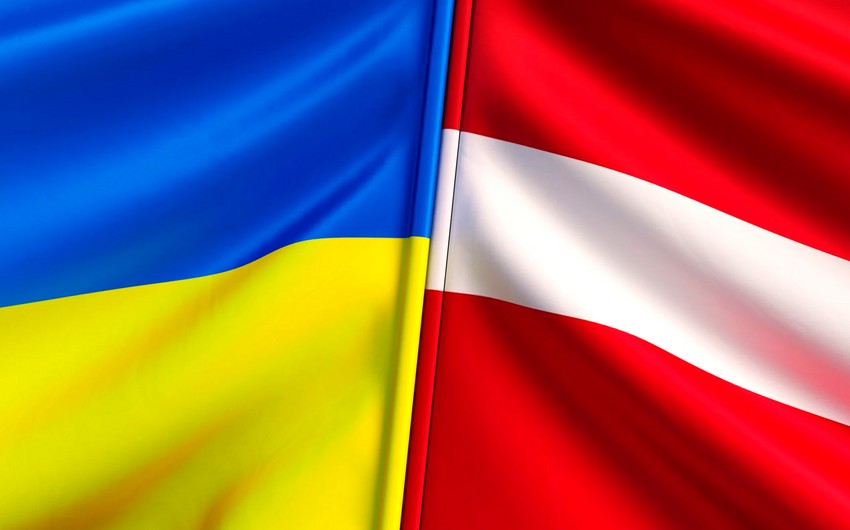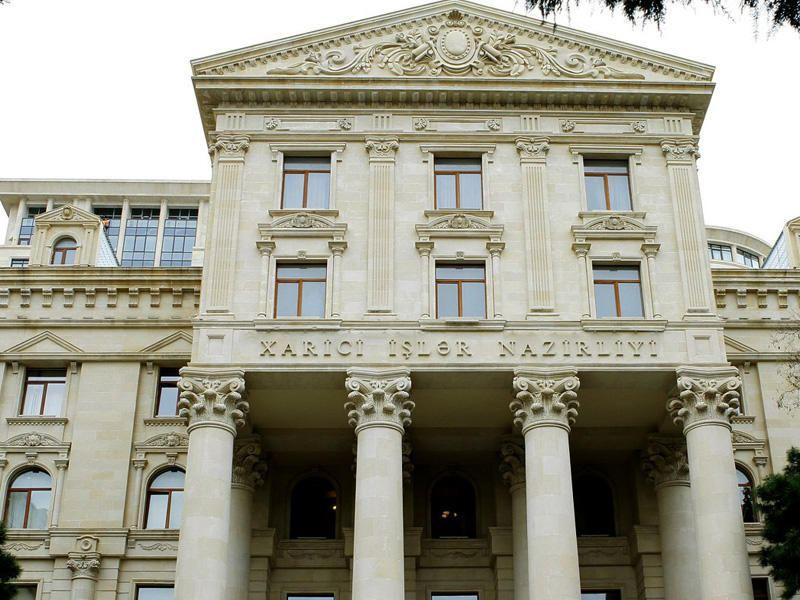This month marks the 54th anniversary of the UK’s first anti-drink driving campaign. It consisted of a short cartoon of a Christmas Party with the message "drinking and driving are dangerous".
Over the years these adverts became increasingly hard-hitting – showing people injured or killed by drink drivers. These campaigns were a success. Drink-related accidents have been in steady decline – in 1979 there were 1,640 fatalities, falling to 600 in 2006 and 200 by 2015.
But, in 2017, the numbers started to rise again. That year, 380 people were killed and 8,770 people were injured in drink-drive accidents.
Heavy drinking is on the rise again. According to figures from the NHS Health Survey for England, in 2017 there were 337,000 hospital admissions primarily due to alcohol consumption and 5,507 alcohol specific deaths – up 13 percent year on year.
Whilst higher earners were more likely to drink – over 75 per cent of those earning £40,000 or more drank regularly while less than 50 per cent of those earning under £10,000 did – figures from Public Health England show that just 4.4 per cent of the population consume 32 per cent of the alcohol drunk in England.
“Alcohol dependency occurs when you drink enough alcohol daily – if you can’t remember when you last spend 48-hour without a drink – for long enough that your body sees that as the normal state,” explains Julia Sinclair, chair of the addiction faculty at the Royal College of Psychiatrists. “Your brain becomes hard wired to expect alcohol. When it doesn’t get it, the physical symptoms of withdrawal begin – anxiety and irritability. People finish their working day, get to 7pm, think they’ve had a stressful day and deserve a drink. They’re actually counteracting withdrawal. And alcohol dependency is terrible – detox from heroin won’t kill you but a sudden detox from alcohol could.”
The highest-profile alcohol addiction organisation is Alcoholics Anonymous (AA), who first came up with a 12-step programme that’s widely used in treating addictions. AA has roughly 40,000 members in Great Britain with over three million individual attendances at AA meetings every year. Sixty four per cent of members say they’ve been sober for over two years.
“The problem is that AA is not a scientific enterprise,” argues Nick Heather, clinical psychologist and emeritus professor of alcohol and other drug studies at Northumbria University. “The evidence in favour is exaggerated to say the least.” He cites a 2006 study by the Cochrane Library – a UK based charity that conducts systematic reviews of healthcare interventions. The Cochrane team surveyed eight medical trials involving 3,417 people and concluded “no experimental studies unequivocally demonstrated the effectiveness of AA or Twelve Step Facilitation approaches for reducing alcohol dependence or problems.”
“AA is not harmless,” Heather adds. “If people find benefit from it and are convinced it helped them then that’s fine. The main problem with AA is its dichotomised view – it is an illness that you have or haven’t got. The idea of permanent disease restricts people’s lives. It’s better than killing yourself but it disempowers people.”
Some of the issues professionals have with AA and the resulting 12-step programme – beyond the lack of evidence – stem from its foundation by two members of a fundamentalist Christian organisation The Oxford Group. Founded by Frank Buchman, a Lutheran minister, on the principles that the root of all problems were fear and selfishness which could be conquered by ‘surrendering to God’s plan’. Two members of the group – Bill Wilson and Robert Smith – devised the organisation and its rules on a business trip in 1935.
Members have to follow a 12-step program: admitting they are powerless over alcohol, that a power greater than themselves could restore them to sanity, decide to turn their will and lives over to the care of God, make a ‘searching and fearless moral inventory’ of themselves, admit to God, themselves, and to another human being the exact nature of their wrongs, be ready for God to remove all these defects, ask God to remove their shortcomings, make a list of they’d hurt and offer to make amends, use prayer or meditation to discover God’s will.
“Historically, the 12-step model had various guises,” according to Matt Kay, a therapist at UKAT, a group of privately-run addiction centres. “But not everyone’s got a belief in a higher power, predominantly because they haven’t got much faith in themselves. Suddenly, you’ve got a group of people saying, “You have to find a power greater than yourself.” A lot of people think; “I got myself into this problem. It was me that chose to use drink, so I need a programme that helps me to self-manage without the need to drink.”
Kay is a recovering alcoholic himself – he sobered up on April Fool’s Day 2010. He found the AAs emphasis on needing a sponsor and alcoholism as a disease made him feel depressed and hopeless. “So, I looked around and a cognitive behavioural therapy approach taught me to look at life more positively, rather than negatively.”
Since the early 1980s, a number of new treatments for addiction have been developed by psychologists. The most prominent of these – Self-Management and Recovery Training – began in 1992, developed by Los Angeles-based psychologist Marc Kern and SMART Recovery president Joe Gerstein. They held its first UK meeting in 2008.
Their programme is a combination of talking groups, cognitive behavioural therapy and rational emotive behavioural therapy – all of them talking therapies which offer tools for particular situations. SMART sessions consist of 90-minute meetings where participants discuss motivation to abstain, coping with urges, problem solving skills, and lifestyle balance.
“We’re very clear that everyone has the power of choice and we can make the choice to stop,” says Angie King, director of the umbrella organisation SMART Recovery UK. “We don’t use language like addict or alcoholic in our meetings because people are more than their addictive behaviours. Once people have achieved a healthy lifestyle they can move on, leave us behind. Unlike 12-step fellowships you don’t have to sit around in meetings for next 20 years.”
SMART Recovery is a much smaller organisation than AA – it has 530 mutual aid meetings in the UK compared to AA’s 4,487 but there are SMART groups in around 50 per cent of prisons in the UK. The strongest evidence base is a 2016 trial in Australian prisons involving 2,882 SMART participants (and 2,882 controls), which showed a reduced overall rate of reconviction of between 19 and 22 per cent. For violent reconvictions, rates were reduced by 30 per cent to 42 per cent. The study found that ten to 11 SMART sessions reduced the rate of reconviction by 25 per cent compared to controls.
Sinclair’s favoured approach is motivational interviewing, developed by two clinical psychologists – William Miller and Stephen Rollnick – at the University of New Mexico to help problem drinkers. A course of motivational interviewing involves a one-on-one session focusing on the process of trying to change direction, with the therapist/clinician offering no suggestions and encouraging the client's to develop motivations for change, creating a structured plan of action to increase hope and confidence.
“In the early stages I start with – let’s get you from 200 units to 100 units a week,” she explains. “That loosens it a bit. Takes the volume out, they feel better in mornings, they become better parents, better colleagues rather than going from 200 units to zero, suffering withdrawal and feeling rubbish. From 100 units to 50 units may involve medication by psych and medication. Ideally people think hard and stop for a while.”
An alternative approach to treat alcoholism involves pharmaceuticals. The National Institute for Health and Care Excellence licenses four drugs for treating alcohol addiction – for severe alcoholics undergoing withdrawal there’s high doses of Valium, which hits similar receptors in the brain to alcohol, reduced gradually over five to ten days.
For maintaining abstinence there’s Acamprosate, which reduces anxiety and involves two tablets three times a day for six to 12 months, Naltrexone – originally for opioid addiction which blocks the opioid receptors and helps stop lapse becoming relapse, and Disulfiram, which blocks one of the liver enzymes that break down alcohol so that alcohol is converted into acetyl alcohol – causing headache, nausea, vomiting, weakness, blurred vision, mental confusion, sweating, choking, breathing difficulty and anxiety. These effects begin about 10 minutes after alcohol enters the body and last for an hour or more.
New drugs for alcohol-use disorders in development include calcium carbamide, which causes nausea, and γ-hydroxybutyric acid, which reduces craving. “Drugs like disulfiram are not a cure for alcoholism, but it does discourage drinking,” Sinclair says. “The problem is ensuring people take the drug.”
“So far the treatment with the strongest evidence base is cognitive behavioural therapy,” explains Heather. “To a degree, though, all of the interventions are missing the point. Alcohol problems are in fact are on a continuum – roughly one third of the population are doing themselves harm or at risk of doing themselves harm through drink. To really address that problem we need a public health approach.”














